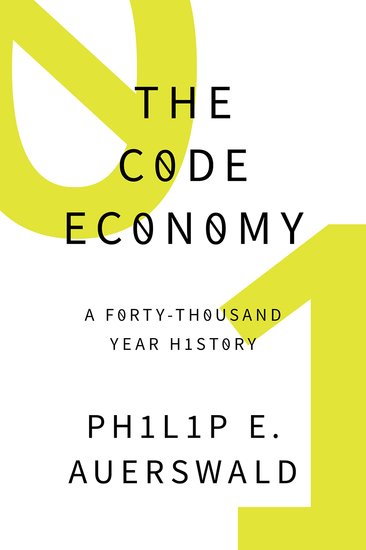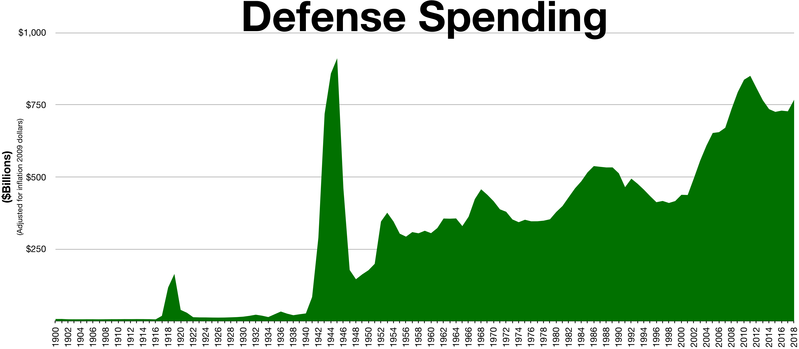Definitions:
Definition of Capitalism (Wikipedia)
Capitalism is an economic system based upon private ownership of the means of production and their operation for profit.[1][2][3] Characteristics central to capitalism include private property, capital accumulation, wage labor, voluntary exchange, a price system, and competitive markets.[4][5] In a capitalist market economy, decision-making and investment are determined by every owner of wealth, property or production ability in financial and capital markets, whereas prices and the distribution of goods and services are mainly determined by competition in goods and services markets.[6][7]
Definition of Socialism (Wikipedia)
Socialism is a range of economic and social systems characterised by social ownership and workers’ self-management of the means of production[10] as well as the political theories and movements associated with them.[11] Social ownership may refer to forms of public, collective or cooperative ownership, or to citizen ownership of equity.[12] There are many varieties of socialism and there is no single definition encapsulating all of them,[13] though social ownership is the common element shared by its various forms.[5][14][15]
Definition of Communism (Wikipedia)
In political and social sciences, communism (from Latin communis, “common, universal”)[1][2] is the philosophical, social, political, and economic ideology and movement whose ultimate goal is the establishment of the communist society, which is a socioeconomic order structured upon the common ownership of the means of production and the absence of social classes, money[3][4] and the state.[5][6]
Communism includes a variety of schools of thought, which broadly include Marxism and anarchism (anarcho-communism), as well as the political ideologies grouped around both.
The Jungle by Upton Sinclair
“It is difficult to get a man to understand something, when his salary depends on his not understanding it.”
― Upton Sinclair, I, Candidate for Governor: And How I Got Licked



Source: Advisor Perspectives
Uber Capital Rounds
Wikipedia Freedom House
Freedom Rankings 2017
Heritage Economic Freedom Index
Cato Human Freedom Index
List of Capitalist Countries
The code economy
In a sweeping narrative that takes readers from the invention of the alphabet to the advent of the Blockchain, Philip Auerswald argues that the advance of code is the key driver of human history. Over the span of centuries, each major stage in the advance of code has brought a shift in the structure of society that has challenged human beings to reinvent not only how we work but who we are.
We are in another of those stages now. The Code Economy explains how the advance of code is once again fundamentally altering the nature of work and the human experience. Auerswald provides a timely investigation of value creation in the contemporary economy-and an indispensable guide to our economic future.

The Righteous Mind Jonathan Haidt

American Character
![American Character: A History of the Epic Struggle Between Individual Liberty and the Common Good by [Woodard, Colin]](https://i0.wp.com/images-na.ssl-images-amazon.com/images/I/51BFnsA66EL.jpg?ssl=1)
Non Zero Robin Wright

Demographics of Sweden
 Syria (172,258)
Syria (172,258) Finland (150,877)
Finland (150,877) Iraq (140,830)
Iraq (140,830) Poland (91,180)
Poland (91,180) Iran (74,096)
Iran (74,096) Somalia (66,369)
Somalia (66,369) Yugoslavia (65,877)
Yugoslavia (65,877) Bosnia and Herzegovina (58,880)
Bosnia and Herzegovina (58,880) Germany (50,863)
Germany (50,863) Turkey (48,299)
Turkey (48,299) Afghanistan (43,991)
Afghanistan (43,991) Norway (42,028)
Norway (42,028) Thailand (41,240)
Thailand (41,240) Denmark (40,563)
Denmark (40,563) Eritrea (39,081)
Eritrea (39,081) China (31,333)
China (31,333) India (29,673)
India (29,673) Romania (29,546)
Romania (29,546) Chile (27,996)
Chile (27,996) United Kingdom (27,685)
United Kingdom (27,685)
Rankings for Economic Freedom
From the Heritage Foundation









![American Character: A History of the Epic Struggle Between Individual Liberty and the Common Good by [Woodard, Colin]](https://i0.wp.com/images-na.ssl-images-amazon.com/images/I/51BFnsA66EL.jpg?ssl=1)

